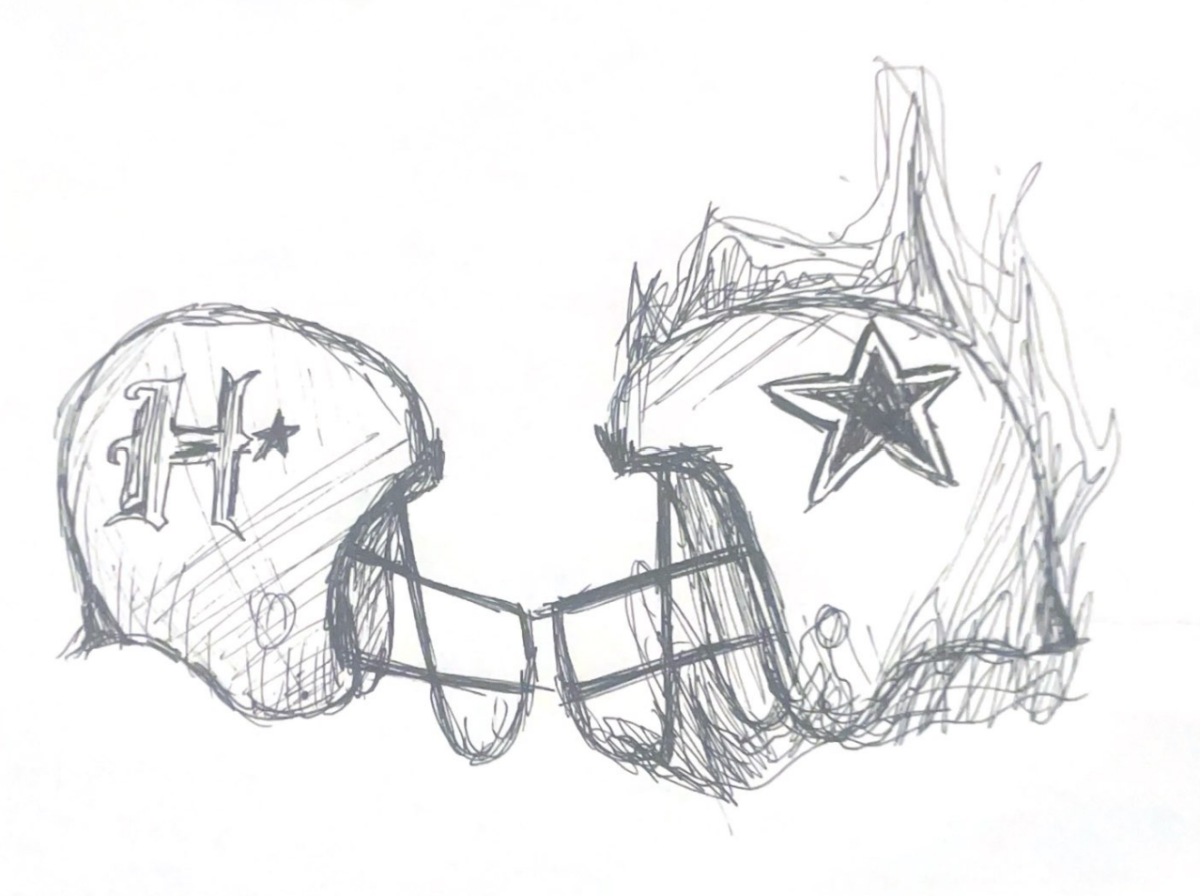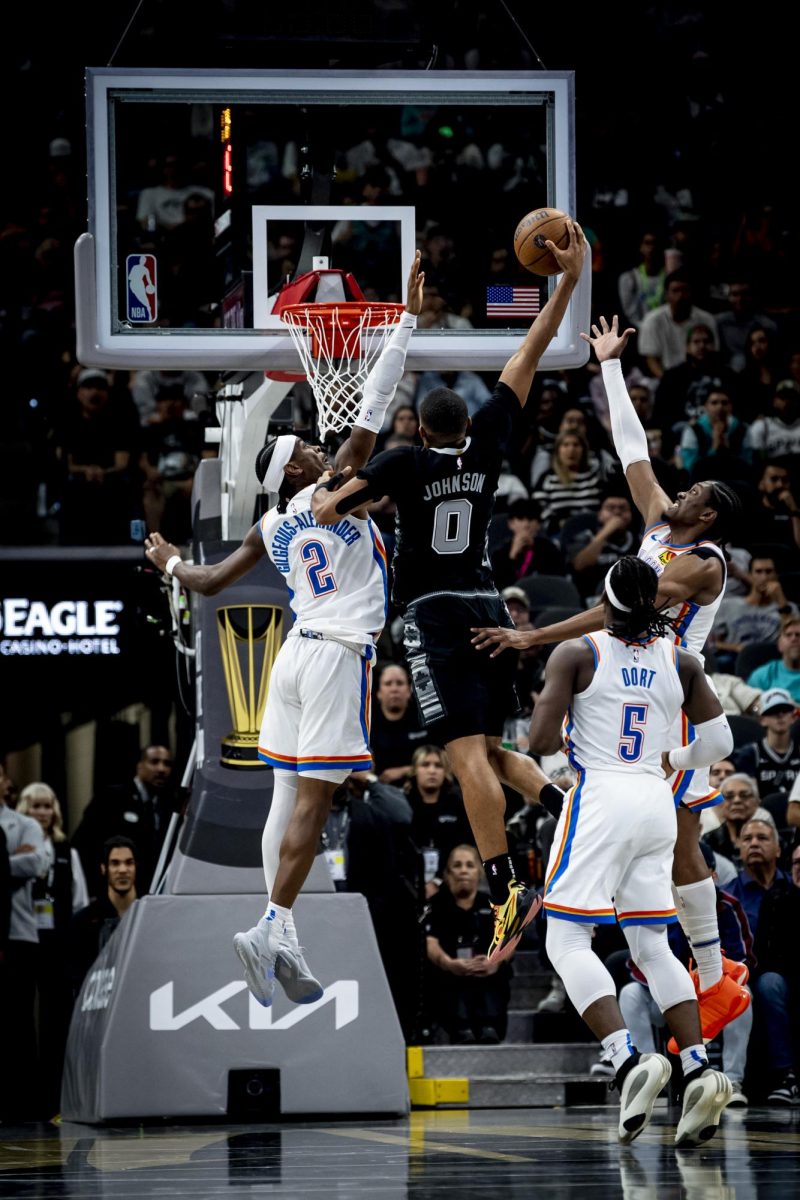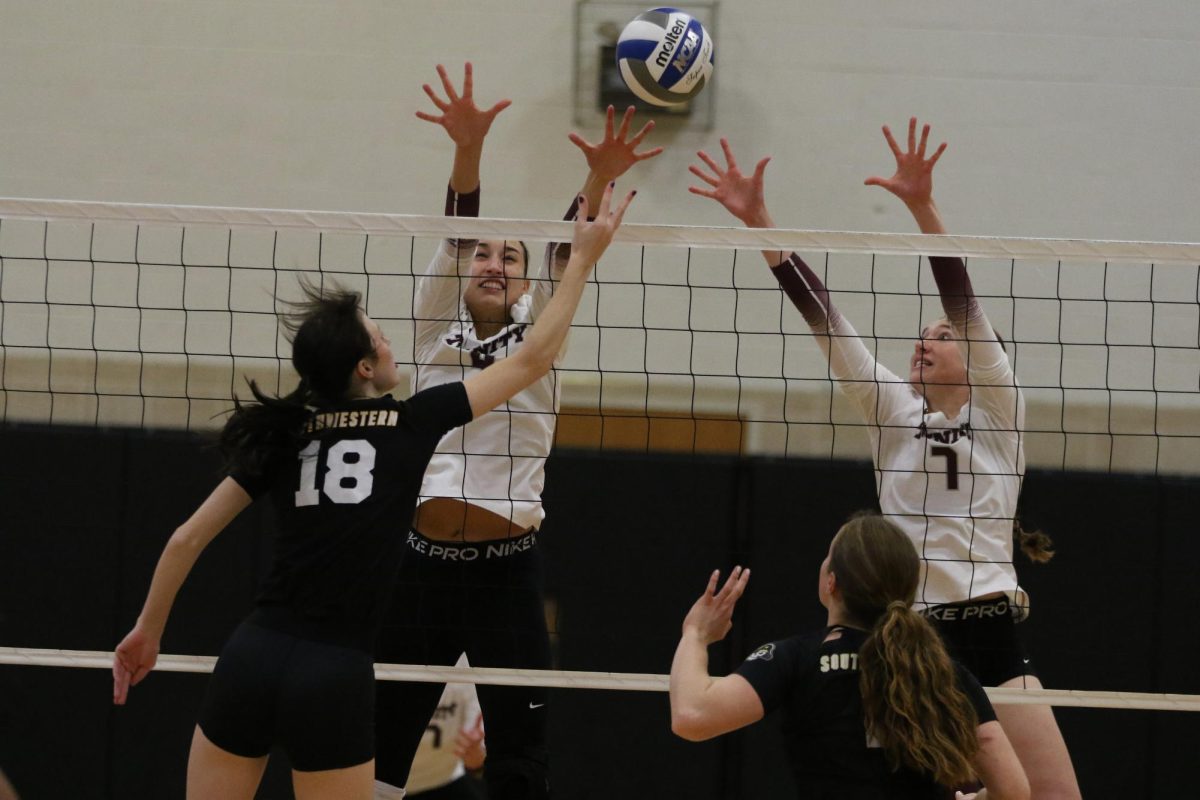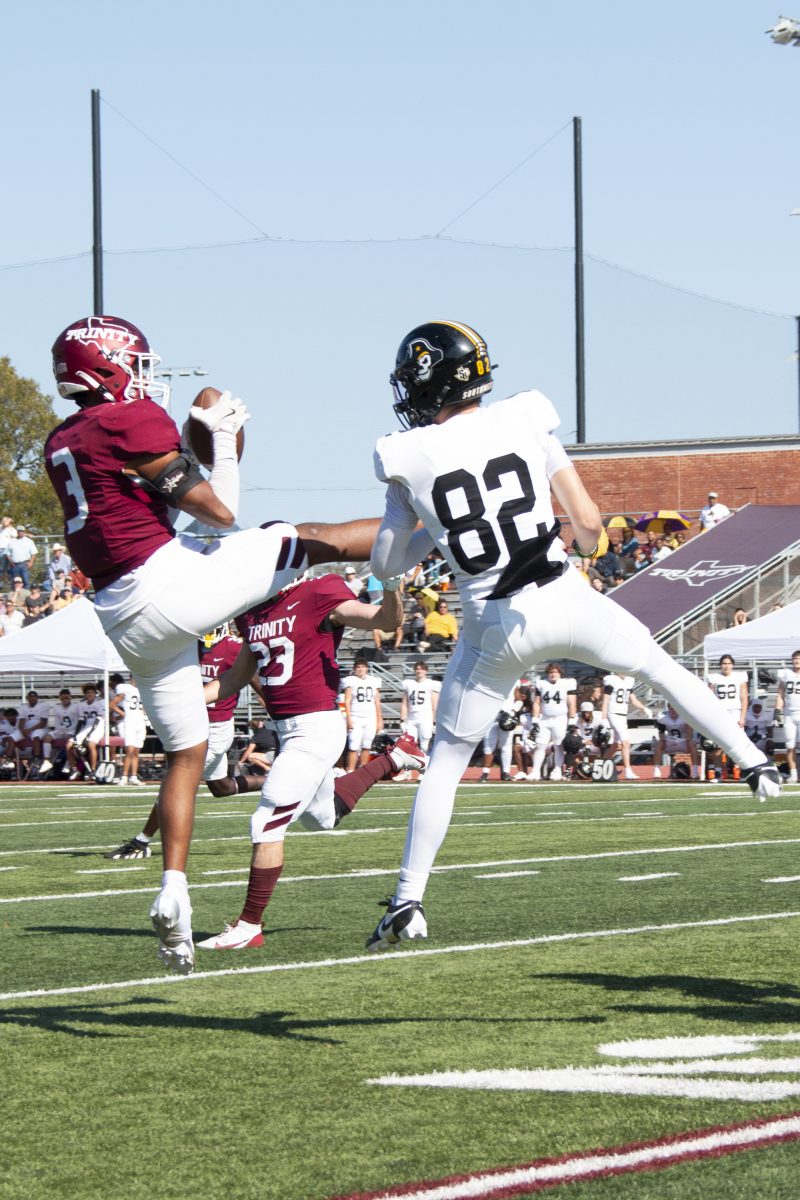The NFL season kicked off for the 97th time this past Sunday, and with it countless wings were consumed and millions of Bud Lights guzzled. Sunday afternoons will be an emotional time for many over the next several months, filled with those vibrant sensations of intense jubilation and disgusted despair that get us out of bed in the morning. Grown men with two children and a picket fence will spend a gross amount of time on the computer analyzing statistical trends, injury reports and upcoming schedules, all to win a prize of $150 “” except that the money is entirely secondary to the bragging rights (besides the computer geeks who earn millions running online fantasy sites; those guys have it all figured out, and they definitely do it for the money).
It is all innocent, humanizing fun, wound up in a game that has steadily supplanted baseball as America’s true love, while keeping basketball at an arm’s length. At the end of the day, you don’t have to be too coordinated, quick or intelligent to go outside with your neighborhood goon squad and play a slightly developed combination of catch, keep away and hurt-the-guy-with-the-ball. It’s a wonderfully simple game, which makes it so persistently beautiful.
Every year, the NFL parades into February while raking in billions, bestowing legitimacy upon hundreds of young men who might otherwise have never escaped their hometown, perpetuating early onset dementia and other memory-loss diseases among a third of its players, and grinning Usainly (see what I did there) as it once again sprints past the NHL, the MLB, the Justice League and the League of Nations to remain the most successful league in the history of the world.
Oh. You’re stuck on that whole “early-onset dementia” business. Sentimentalism really is running rampant today, isn’t it? I thought these men were receiving the opportunity of a lifetime, one that most can merely imagine. We all die, don’t we? And we will all be forgotten “” so why does it matter if a handful of our modern-day gladiators suffer from forgetfulness, are more prone to depression, and every so often, decide to take their own life?
The answer to that is obvious. Human beings, the sane ones, hate to watch the guiltless endure pain. Our sympathy, while potentially risky at points, is well-earned in this case. Many current and former athletes have spoken to the issue, claiming that they will not or would not allow their son to play football. This includes LeBron James and Brett Favre. Celebrities and politicians, of course, have joined the fracas “” President Obama sided with James and Favre, and Will Smith starred in the 2015 film “Concussion” in which the NFL’s history of lying about the consequences of a concussion was promulgated. The NFL has earned the ire of cause-hungry Americans everywhere; its popularity relative to boxing, or the MMA, has forced a need to defend itself where other violent sports have had a freer pass.
Clearly, there is a substantial risk to playing football, as there is a substantial risk when you drive to school, eat at Mabee or choose Thursbays over preparing for that 8:30 Bio quiz tomorrow morning. My little brother is a junior wide receiver who has already had multiple concussions, his first in eighth grade. His description of the effects “” elongated darkness, severe headaches, a fragile memory “” is terrifying. But what can be done to reduce one’s probability of Alzheimer’s or depression without radically changing America’s most recent fling? The answer is nothing, really, save a rugby-inspired tackling revolution that will dramatically disadvantage defenses, and even more penalties.
It is always interesting, and in this dilemma’s context, absolutely imperative, to hear football players comment on the situation. Seahawks cornerback Richard Sherman wrote a piece for “MMQB” criticizing the politics driving much of the debate, and concluded with the telling line, “If you don’t like it, stop watching.” Cardinals head coach Bruce Arians called people who won’t let their kids play football “fools” and pointed out that youth female soccer players have more concussions than youth football players. In addition, the highest level of women’s soccer has the second-most concussions in the sports world behind football, yet no one seems to care much about that. These men, and other pigskin conservatives, recognize the progressive mindset challenging their game’s future. A clear desire for increased safety at the expense of what makes football the special game it has become.
Whether or not Sherman, Arians, and others like them have opinions that matter more than the average opportunist’s is impossible to determine. After all, opinions are inherently biased, with an end goal in mind “” and the debate is over a game. But there are some takeaways that can be certain. Debaters should not ignore the truth behind assertions that football (as a game, not the NFL as a political organization) is unfairly spotlighted due to its immense popularity. To ignore it is to be a pawn. An outspoken attack on football should affect your opinion on other potentially dangerous activities to a more reserved extent than you may want to acknowledge. Football should not invite an extreme amount of criticism due to its acclaim. People can choose their path as the market sees fit “” this is still the United States, and it is still that simple.
On the other hand, playing football is doubtlessly a more perilous endeavor than baseball, jump rope and cooking class, to name a few potential hobbies for your lovely future children. Disagreeing with that is no longer plausible belief. What parents choose to do with this information, with respect to their child’s other options, is also completely in their own hands. Either way, the decision can only be made based on ambiguous information derived from polarized stances. Despite attempts to objectivize, the issue remains a gray area.







